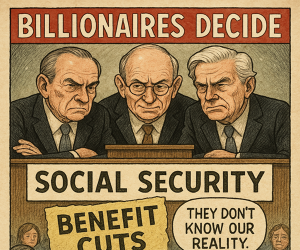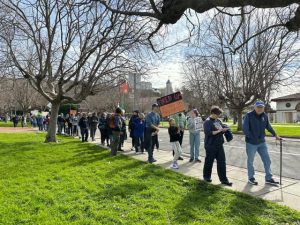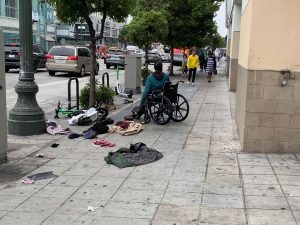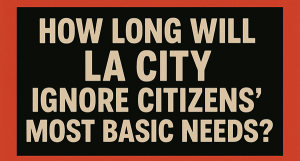Special Report | Structural Problems in Los Angeles City Government and Their Ripple Effects
LOS ANGELES – Once a shining symbol of America’s West Coast, Los Angeles is now sinking into crisis. Rising crime, worsening homelessness, economic decline, and collapsing infrastructure… the problems are numerous. But the root cause runs deeper. At the center of all these crises lies a structural defect in the city government.
Voices are growing louder that to solve LA’s chronic problems, the city governance itself must be reformed, not just its policies. Our paper has conducted an in-depth analysis of how LA’s city government is endangering the city and what solutions might exist.
1. Governance Monopolized by Few – 15 People Governing a Metropolis of 4 Million?
The Los Angeles City Council consists of just 15 members. Despite being the second-largest city in the United States, decisions that determine residents’ lives are monopolized by an extremely small number of council members. Each council member represents districts where hundreds of thousands reside, and their decisions are essentially passed without any checks.
What are the results?


Los Angeles is effectively operating within a “one-party monopoly system” run by a small number of political elites.
2. Continuous Policy Failures – Disasters Brought by Decisions That Ignore Reality
Homelessness Crisis | Billions Spent With Worsening Results
Los Angeles has poured enormous budgets into solving the homeless problem, but tents on the streets only continue to increase.
- Homeless count as of 2023: approximately 75,000 (increased from previous year)
- Measures: Construction of expensive public housing, expansion of cash assistance → Inefficient approaches that aren’t realistic
- Result: Money wasted without practical solutions
One resident said, “Taxes keep going up, but there’s no way to prevent tent encampments from forming in my front yard. Is this normal?”
Public Safety Collapse | Law Enforcement Weakened Despite Rising Crime
- Police budget cuts
- Expanded policies releasing minor offenders
- Increase in retail theft and street robberies
As the city government shows a lukewarm attitude toward crime, residents’ anxiety grows. “Even if robbers break in, police don’t respond actively. Reporting incidents is meaningless.” (Interview with a small business owner)
Increased Taxation & Regulation | Accelerating Exodus from LA
- Businesses and residents are relocating to Texas, Florida, etc. due to high taxes and excessive regulations
- Increasing vacant storefronts, deepening economic depression
These problems don’t stem from simple administrative errors. They are structural issues occurring because governance itself is inefficient and driven by specific ideological goals.
3. The Solution? No Answer Without Reforming City Governance
To overcome LA’s crisis, the structure of the city government must be fundamentally changed.



Without change, LA will sink deeper into its problems, and ultimately the city itself faces a significant risk of decline.
Los Angeles residents are asking, “How long will this failed system be left unaddressed?”
The future of LA depends on governance reform. Now is the time to demand change.



















































































